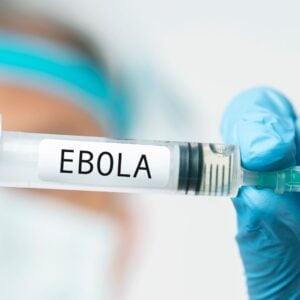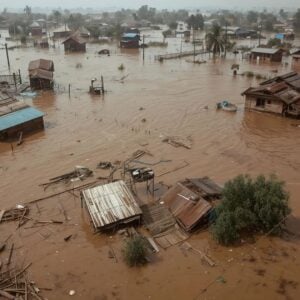The conflict in northern Mozambique’s Cabo Delgado province, now in its eighth year, has reached a critical point, with more than 100,000 people displaced during 2025 alone. The violence, initially driven by armed groups locally known as al-Shabaab, has been exacerbated by repeated cyclones, floods, and droughts, devastating livelihoods and increasing humanitarian needs. For the first time, all 17 districts of Cabo Delgado have been affected, with over 1.3 million people displaced, many multiple times. Xavier Creach, head of UNHCR in Mozambique, noted that even families who once hosted displaced individuals are now fleeing themselves, highlighting the extreme strain on communities.
Civilians remain prime targets amid reports of killings, abductions, and sexual violence, with children at risk of forced recruitment. Women and girls face heightened dangers when collecting water or firewood, and vulnerable groups such as older adults or persons with disabilities often cannot flee. Many survivors are traumatised and in urgent need of psychosocial support as the violence continues to escalate.
This year has seen a sharp intensification of attacks, with more than 500 incidents recorded through August, surpassing previous peaks, and including raids, abductions, and the destruction of homes and infrastructure. The health system across northern Mozambique is under severe pressure, with around 60 per cent of facilities in the worst-affected districts non-functional due to insecurity, looting, and staff displacement. Essential services such as maternity care, HIV treatment, and emergency response have been severely disrupted, with Mocímboa da Praia hospital operating at less than 10 per cent capacity. Disease risks, including malaria and cholera, are rising with the onset of the rainy season.
Humanitarian operations face critical funding shortfalls. The health sector’s annual response plan is only 11 per cent funded, leaving essential medicines in short supply. UNHCR has received just $66 million of the $352 million required for its Mozambique operations in 2025, severely stretching response capacity at a time when the needs are rapidly increasing.







